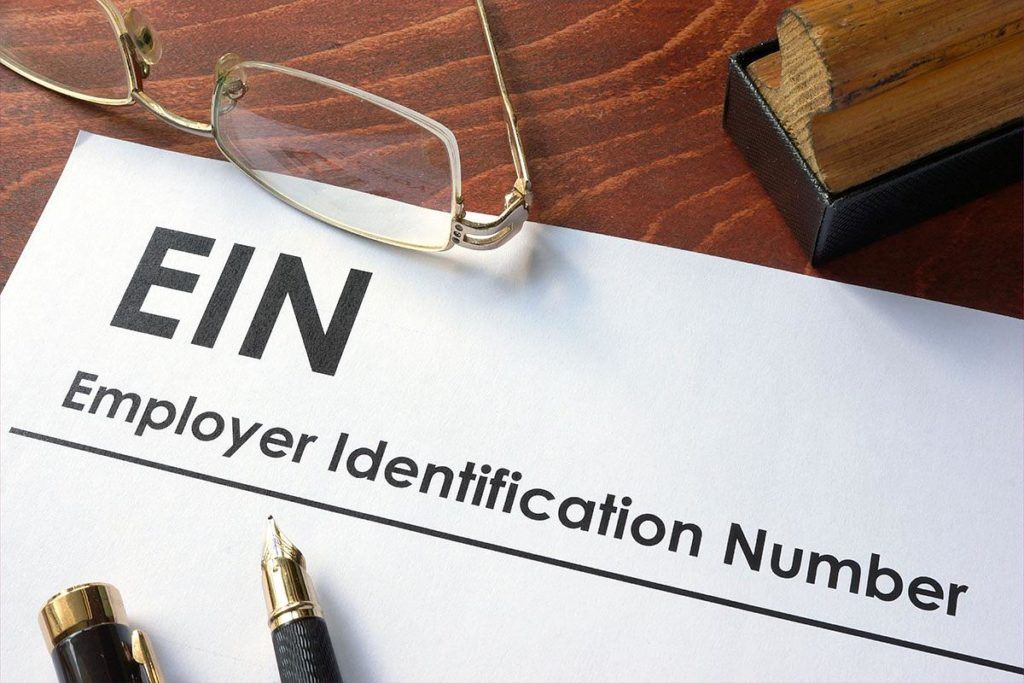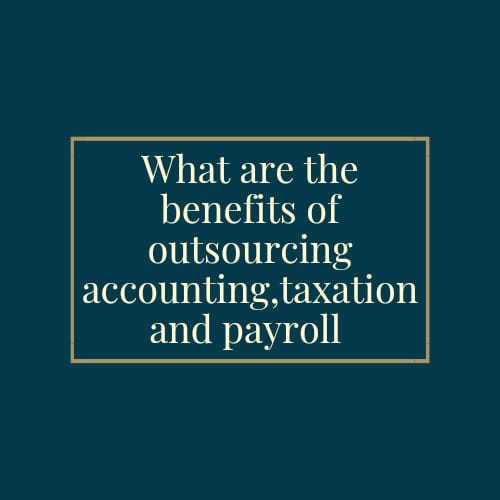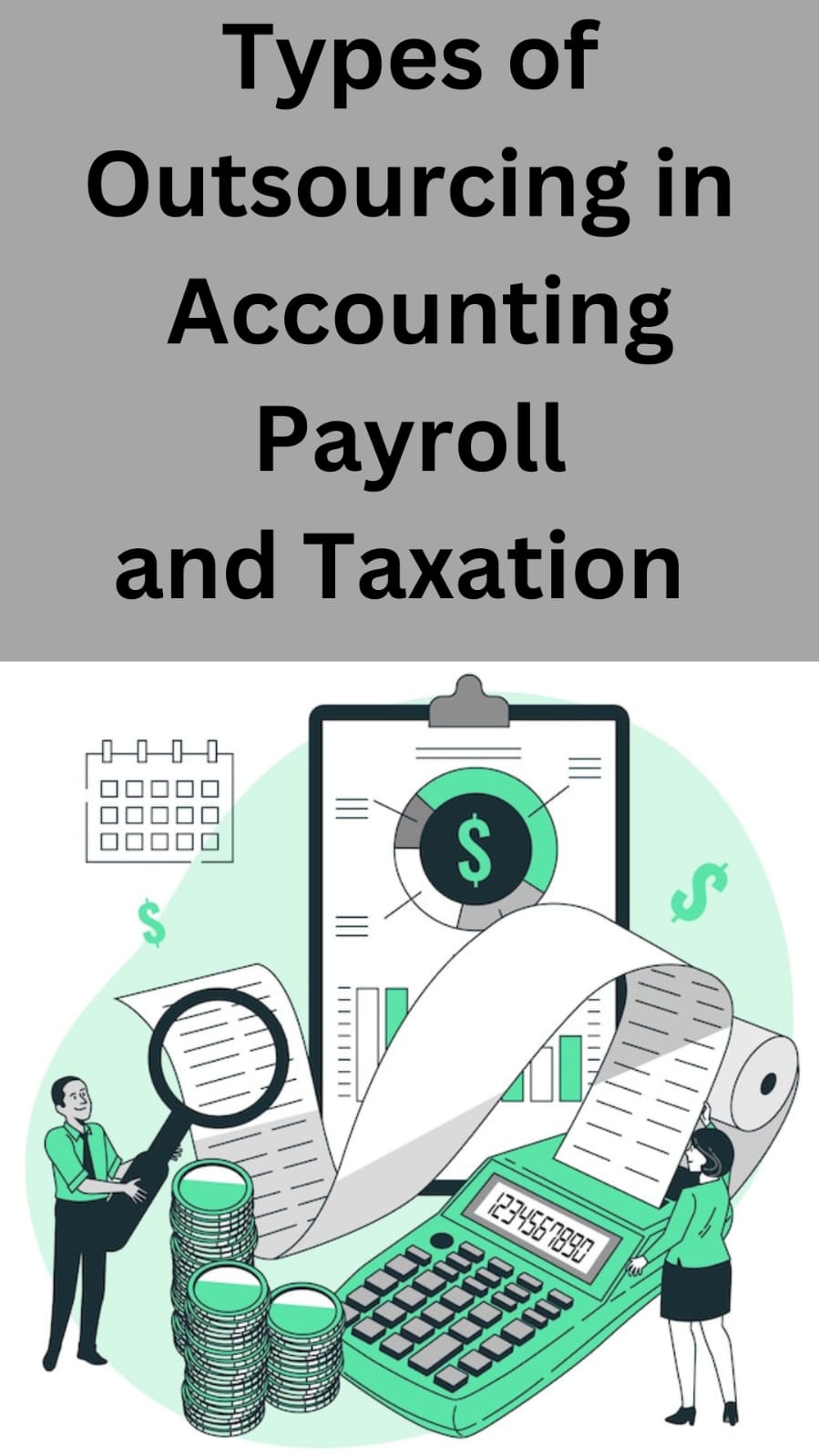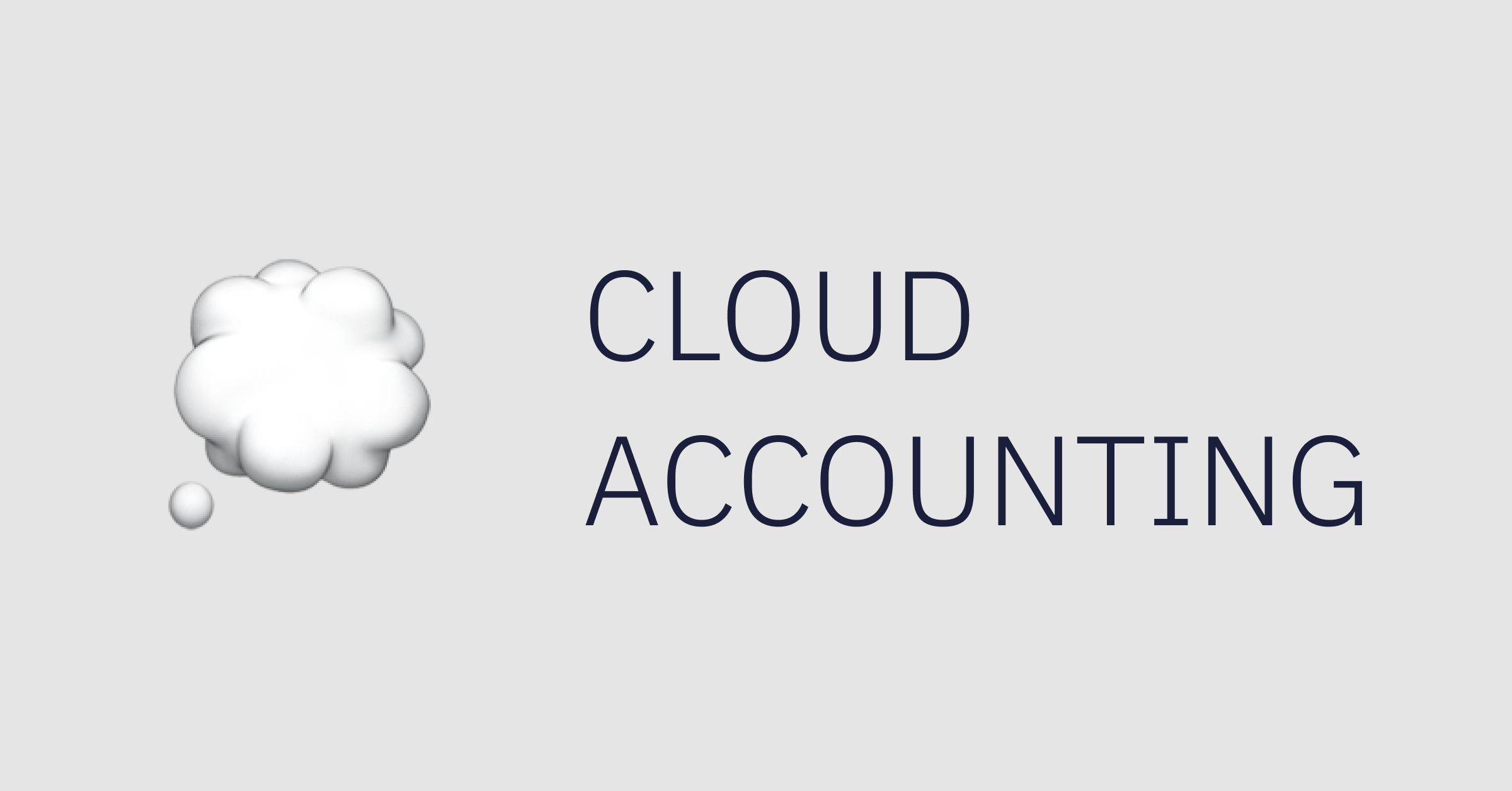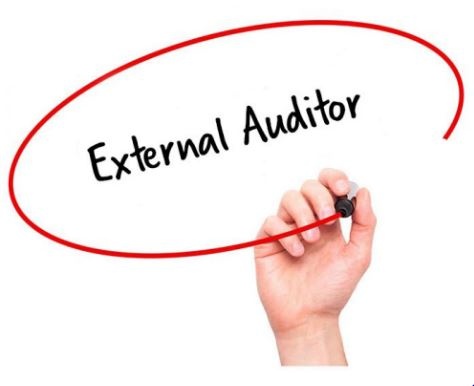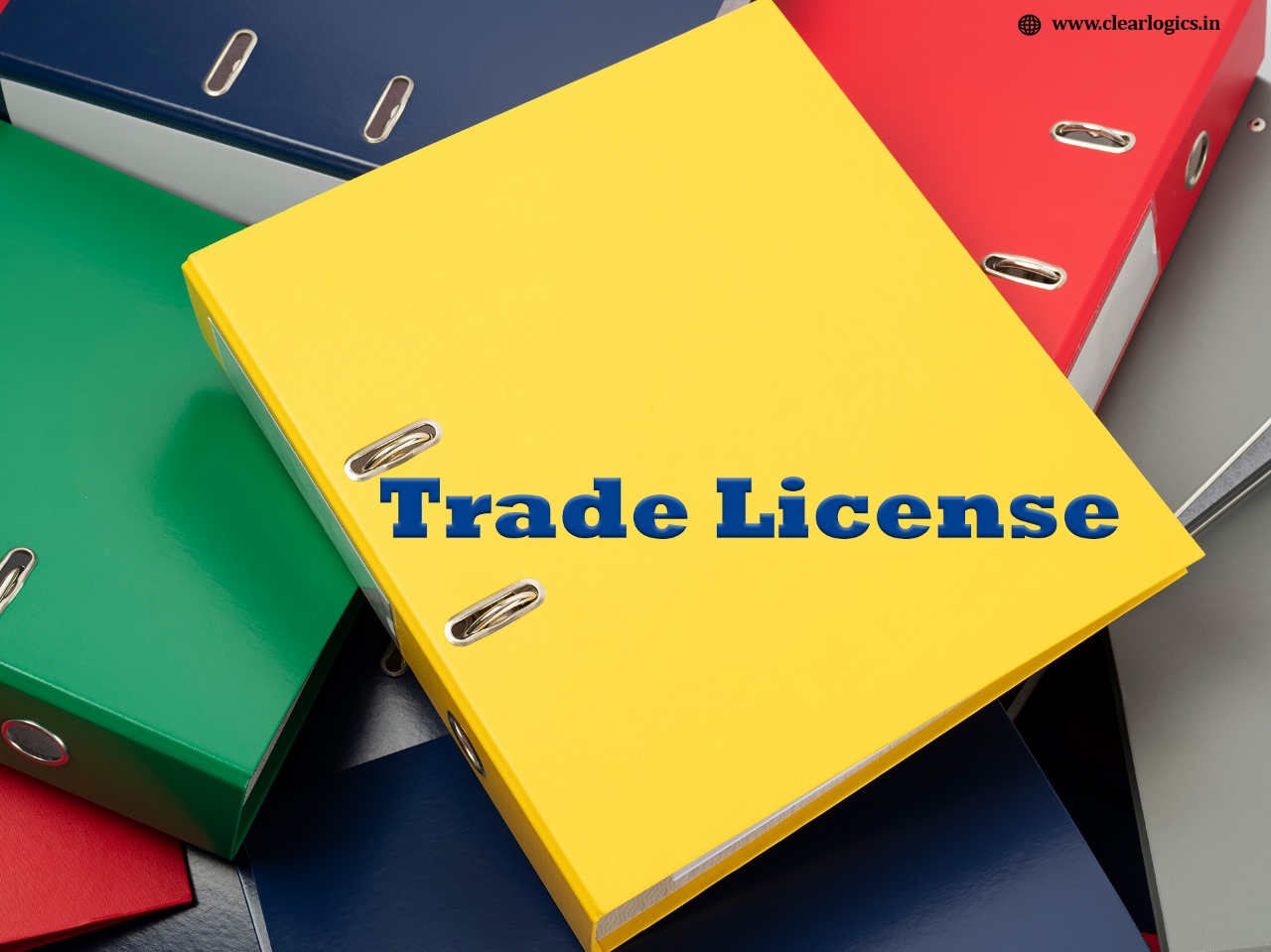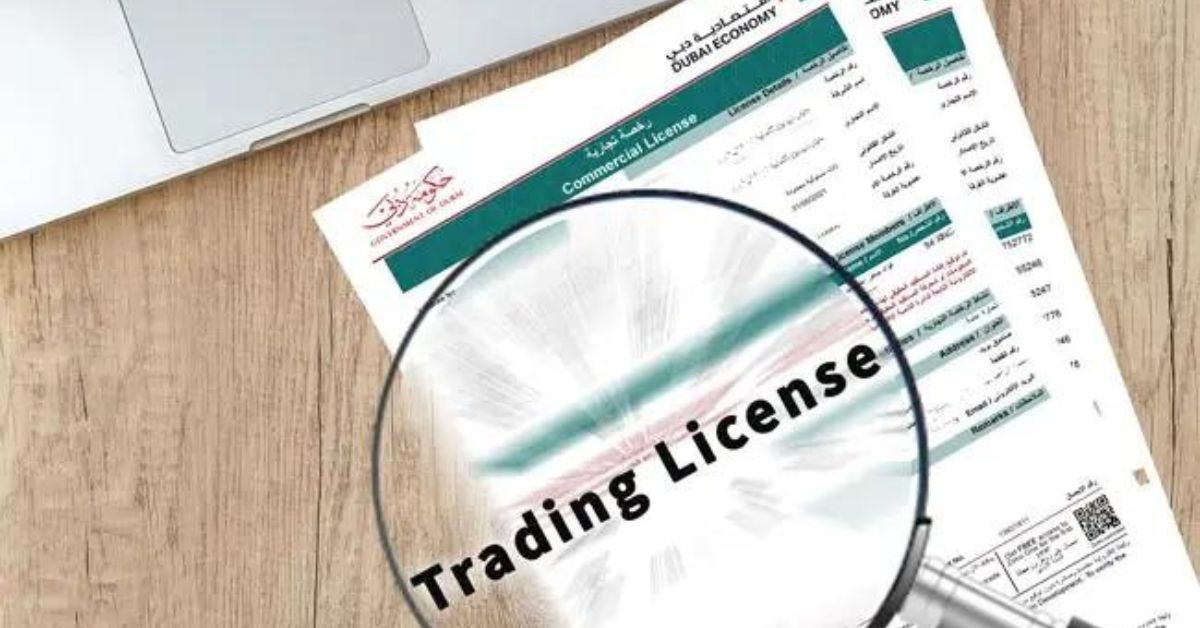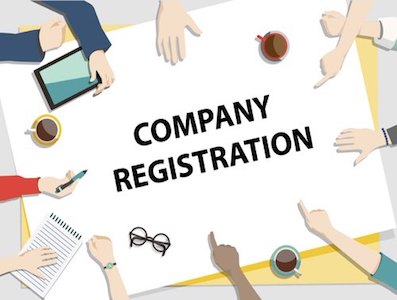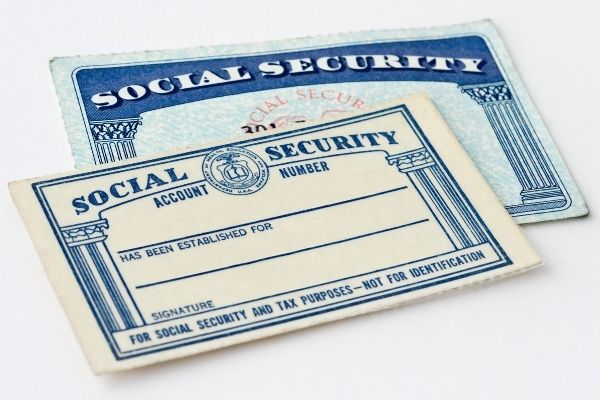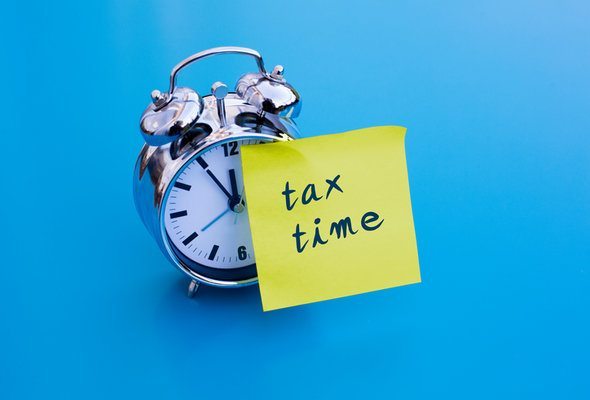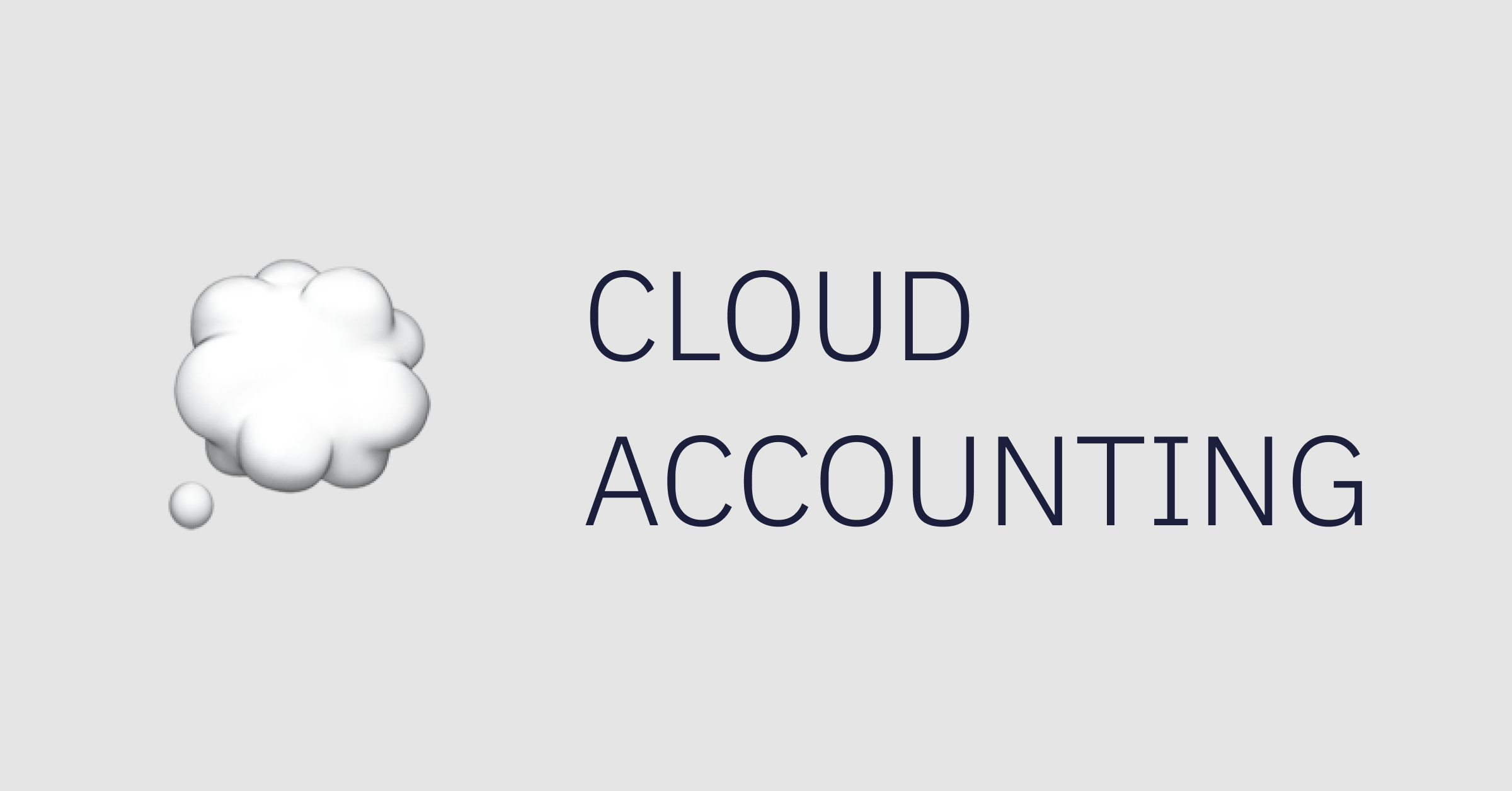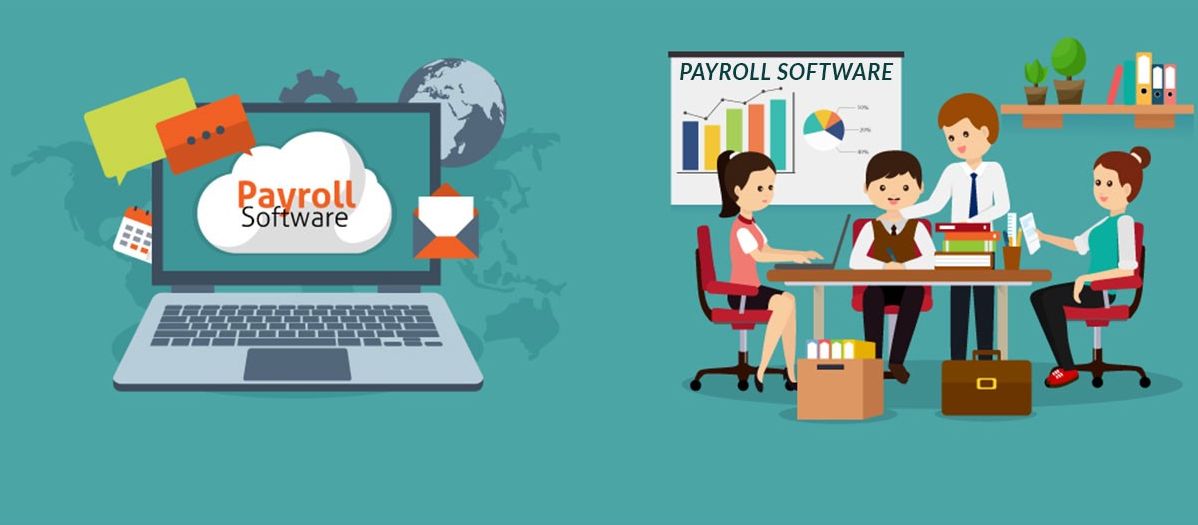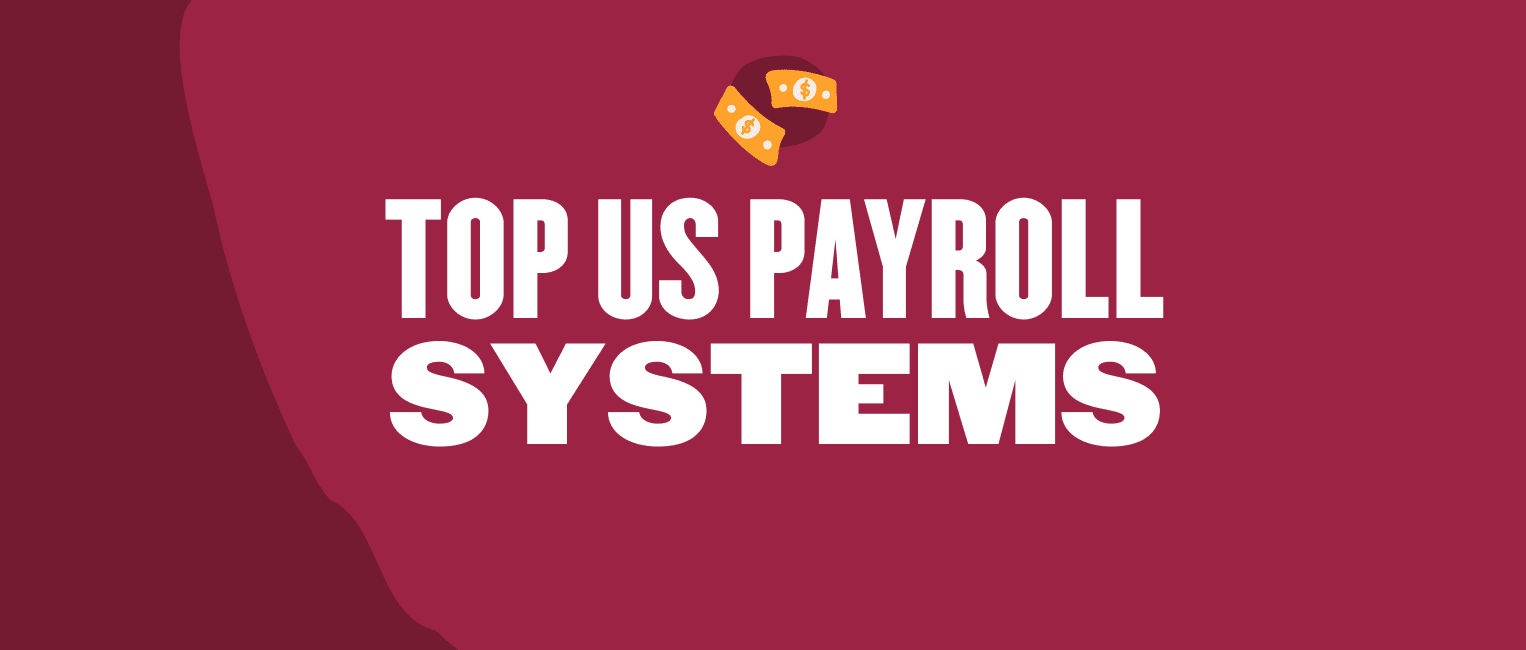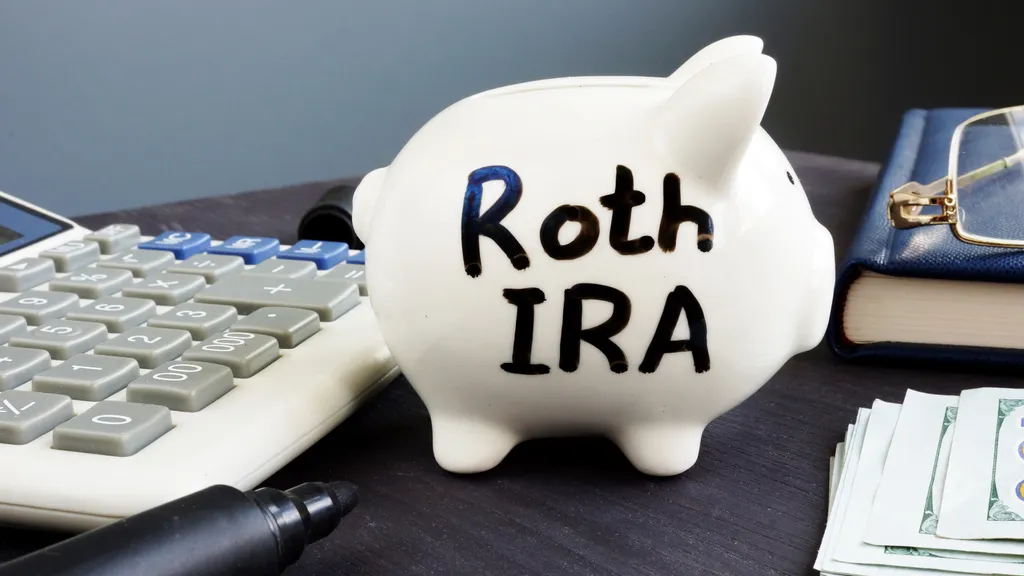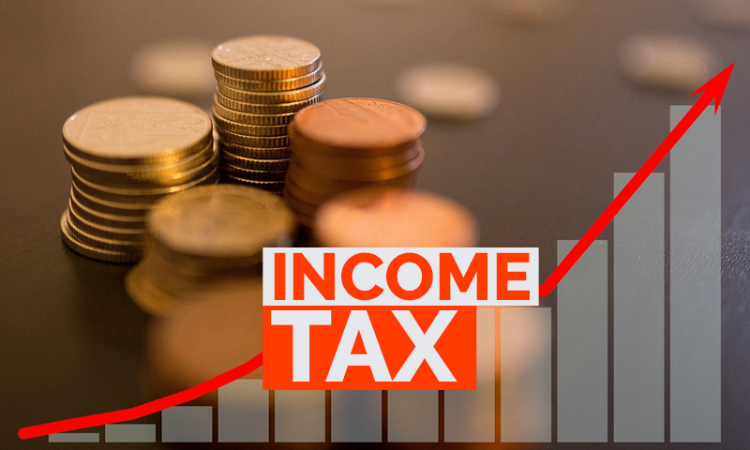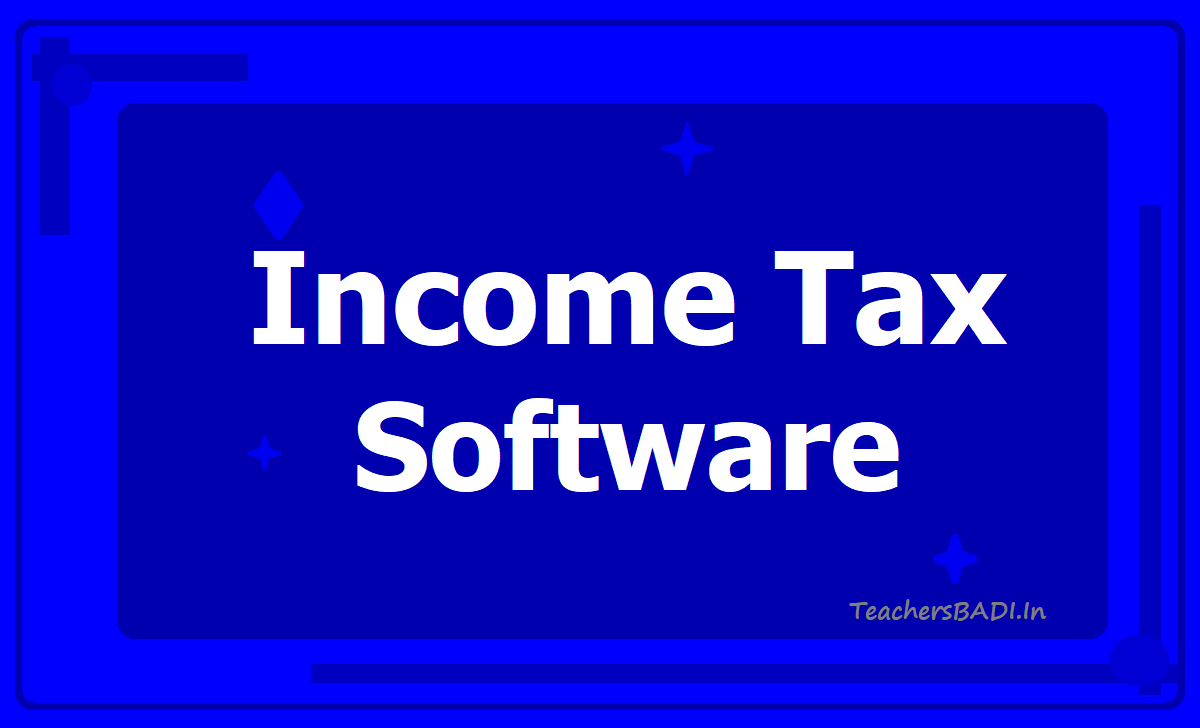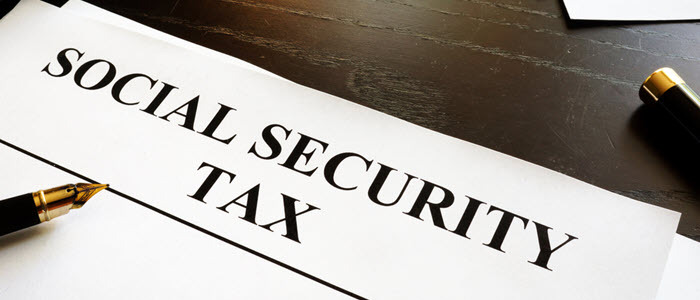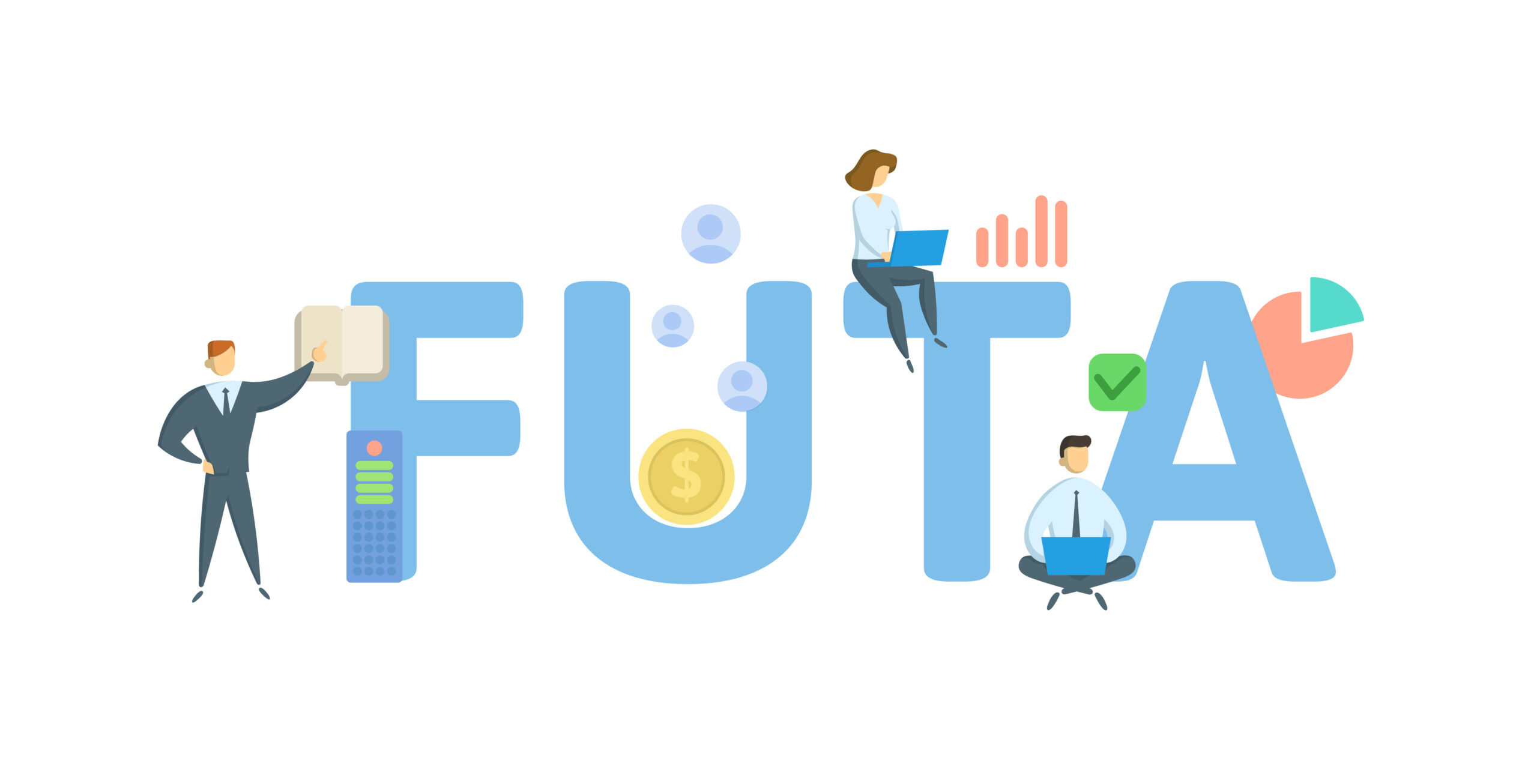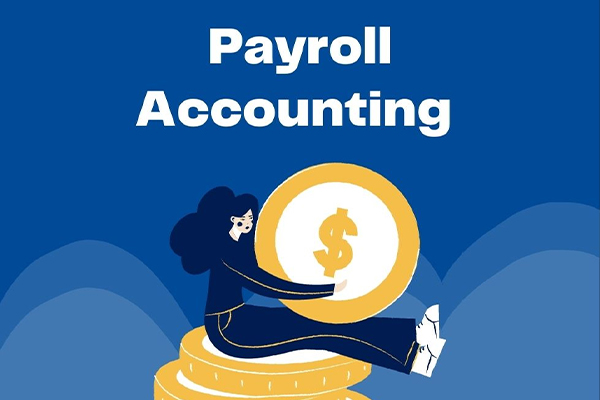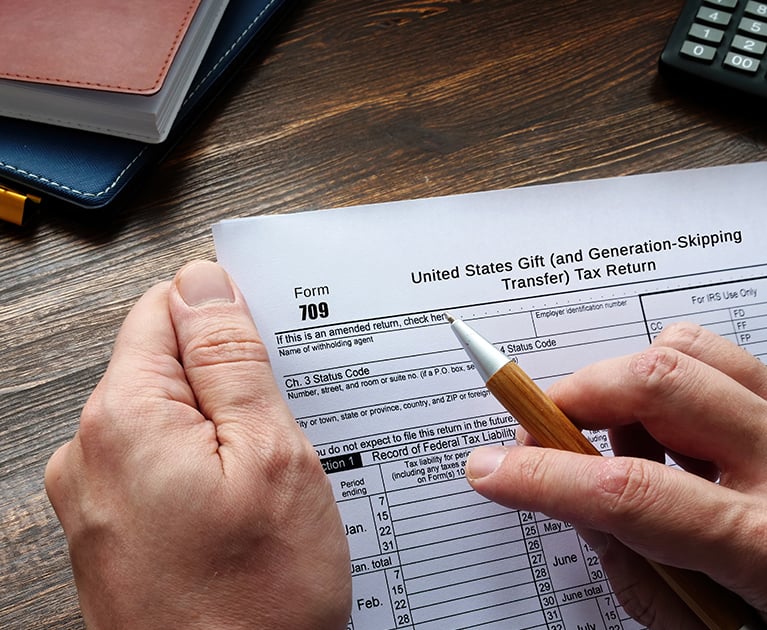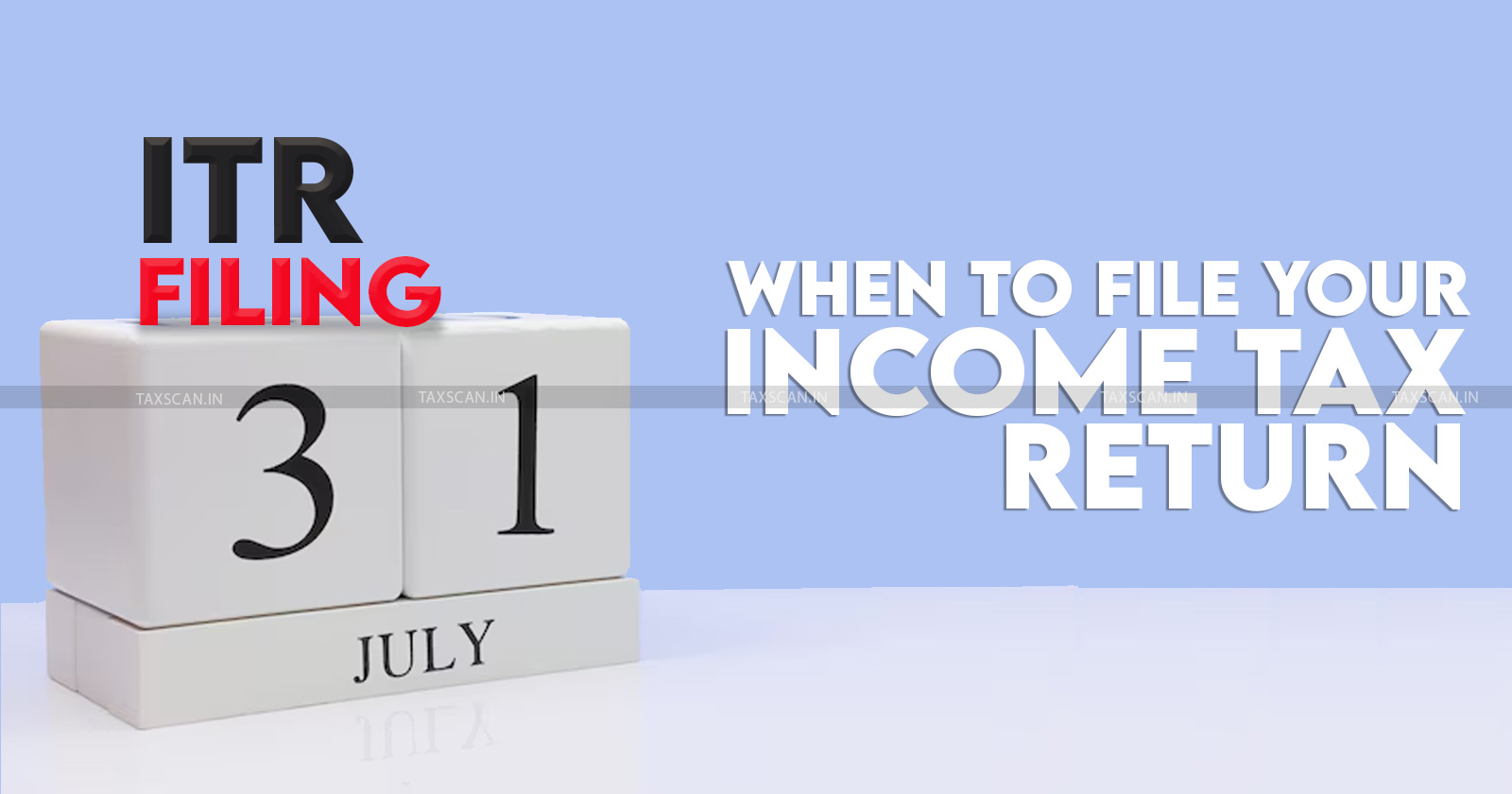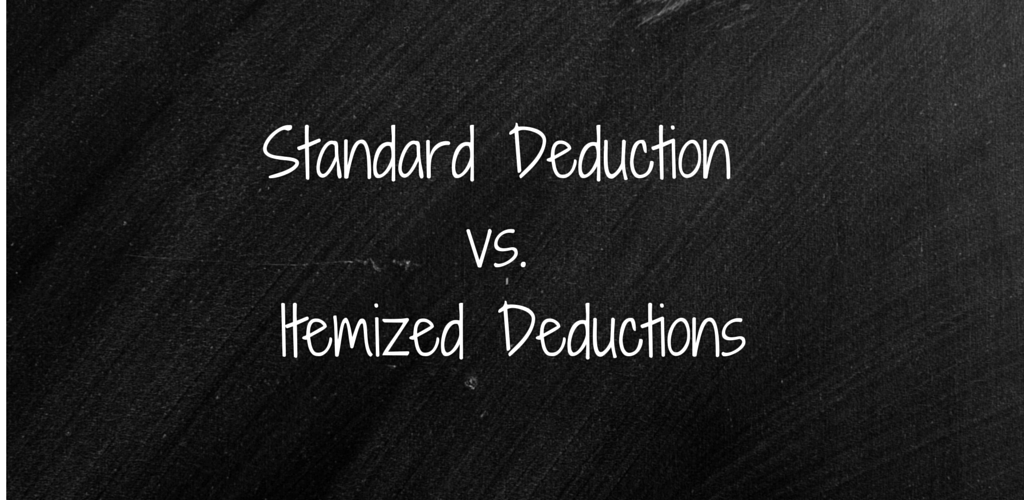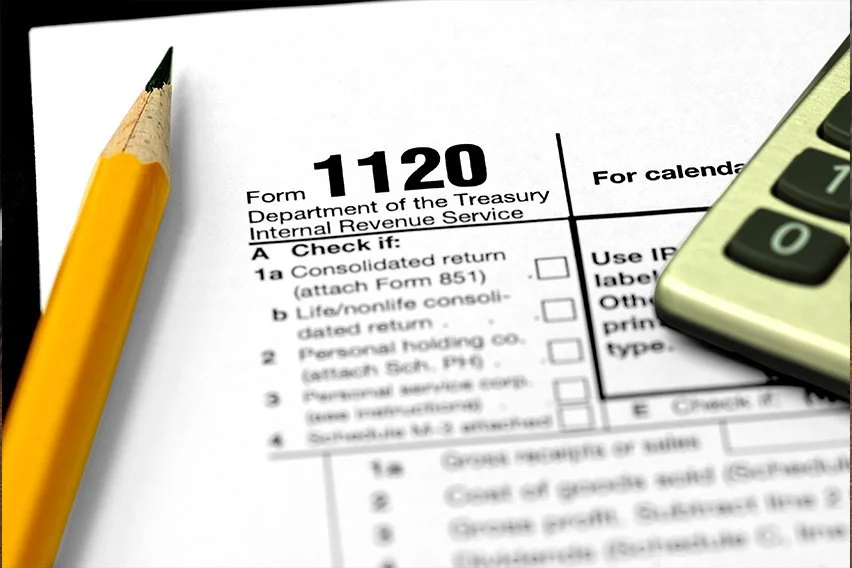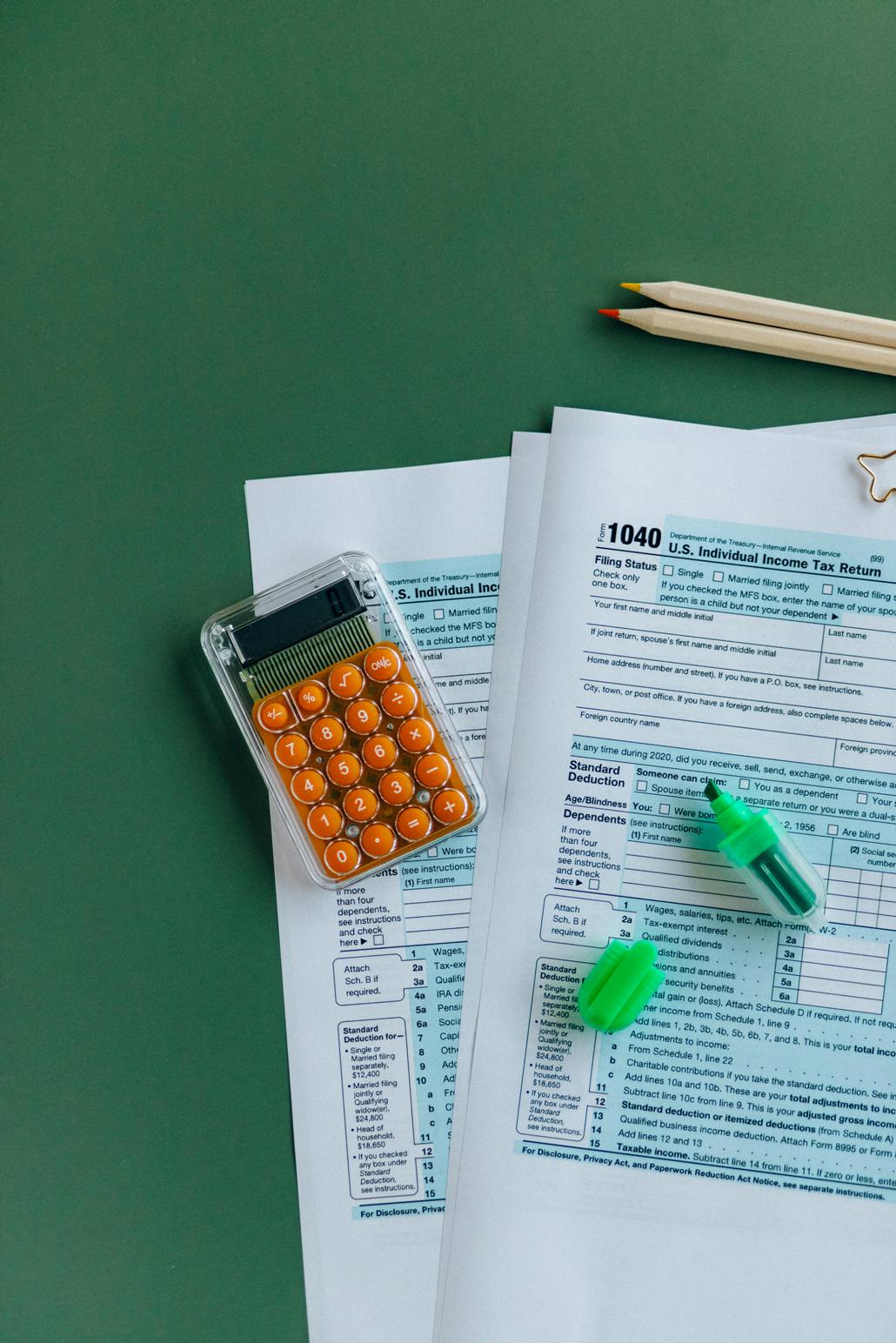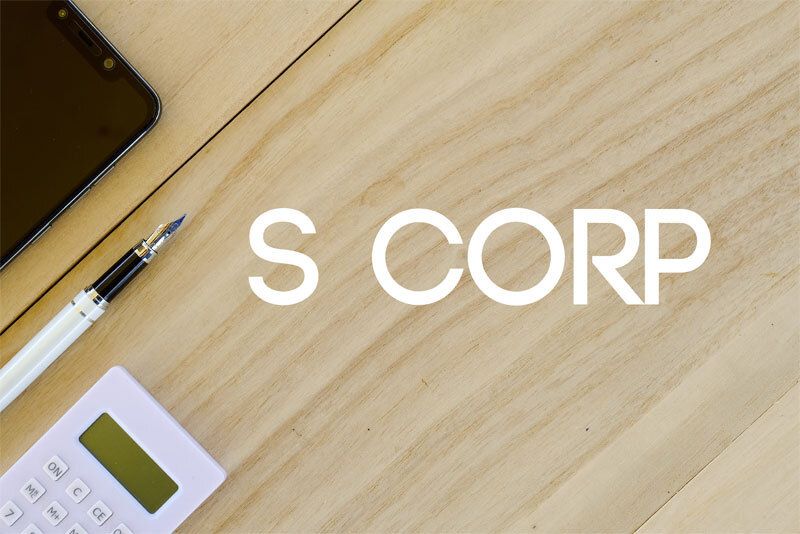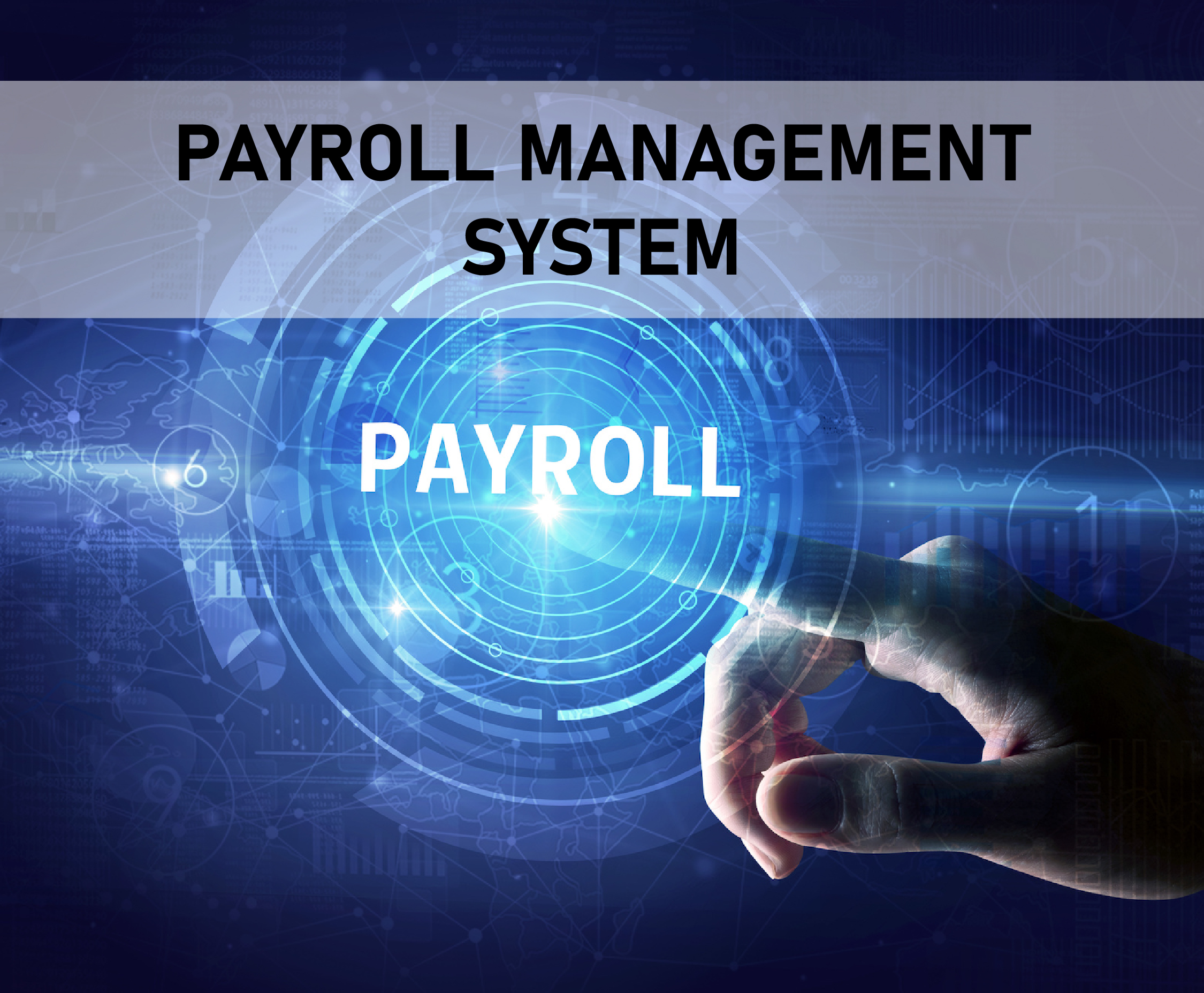Employer Identification Number (EIN)
An Employer Identification Number (EIN) is a nine-digit ID assigned by the Internal Revenue Service (IRS). One of five Tax ID Numbers (TINs), it’s used to identify business entities and administer tax laws. The two-digit EIN prefix indicates where the number was assigned and the subsequent seven digits identify the entity itself (e.g. XX-XXXXXXX).
An Employer Identification Number (EIN) is a nine-digit ID assigned by the Internal Revenue Service (IRS). One of five Tax ID Numbers (TINs), it’s used to identify business entities and administer tax laws. The two-digit EIN prefix indicates where the number was assigned and the subsequent seven digits identify the entity itself (e.g. XX-XXXXXXX).
Purposes of an EIN
1.Tax Filing and Reporting: An EIN is required for filing federal tax returns and for reporting employment taxes.
2.Business Identification: It helps identify a business entity to the IRS.
3.Opening Business Bank Accounts: Most banks require an EIN to open a business account.
4.Hiring Employees: An EIN is necessary for reporting payroll taxes.
5.Applying for Business Licenses: Many licenses and permits at the state and local level require an EIN.
6.Corporate Formalities: Corporations, partnerships, and LLCs need an EIN for organizational purposes and legal documentation.
Who Needs an EIN
Trusts, except certain grantor-owned revocable trusts, IRAs, Exempt Organization Business Income Tax Returns
Estates
Real estate mortgage investment conduits
Non-profit organizations
Farmers' cooperatives
Plan administrators
Key Considerations
No Cost: Applying for an EIN through the IRS is free.
Immediate Issuance: For online applications, an EIN is issued immediately upon completion.
Permanent Number: Once issued, the EIN does not expire and remains the same for the entity's lifetime.
One EIN per Day: The IRS limits issuance to one EIN per responsible party per day.


